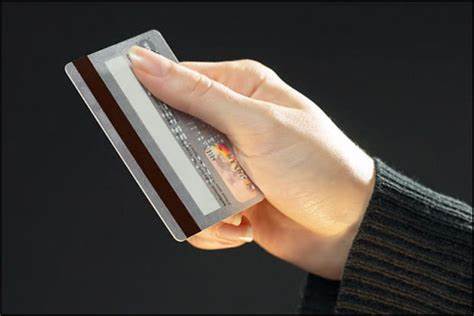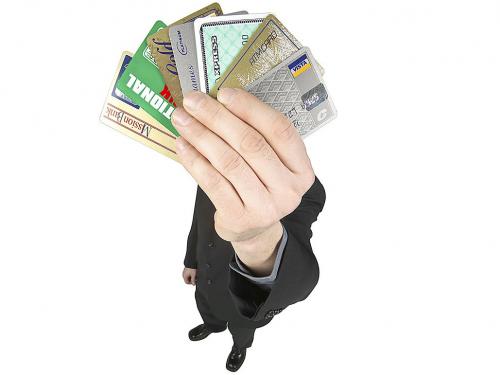If you want to use your credit card in the right way, you don't have to give up your credit card altogether - although if you know that you can easily abuse your credit card, this is not a bad strategy.
 Knowing which credit card is the most valuable in the market is one thing. But knowing which one is most meaningful to you is another and requires more self-awareness.
Knowing which credit card is the most valuable in the market is one thing. But knowing which one is most meaningful to you is another and requires more self-awareness.
When I jumped from a travel credit card to a cash back card this year, I didn't take it lightly. I considered my expenses: I traveled every week. Unlike my previous job, I worked in San Francisco and spent more time with my wife and two daughters. Like most American families, we spend more on groceries and other household expenses than on travel. I realized that continuing to use my travel card to buy everyday items is like holding clothes that are no longer fit.
Transfer switch
It's hard to give up your favorite credit card. First, our brains will tell us that what we already have is more valuable than what we don't have, no matter what its actual value. The status quo makes people feel very comfortable. That's why we are hesitant to sell stocks that are losing money, or, in my case, stop using travel credit cards for daily purchases, even if I know that I no longer get the best deals.
Another problem is to consider what might happen in the future, not too optimistic. After all, who doesn't like the idea of traveling happily? According to a Nielsen survey, “multiple travel” is one of the top ten most famous New Year’s resolutions in 2015. According to a study this year, travel credit cards, which often charge annual fees, are the most popular credit cards in 20 states and Washington, DC.
But few people report that they really spend their money on travel. According to data from the Bureau of Labor Statistics, in 2014, only about 15% of US households reported quarterly average spending on foreign accommodation, and only about 10% reported spending on airline tickets. In other words, some travel cards provide good value for those who don't travel very often. A regular travel card with a flat rate reward, such as a Capital One® Venture® credit card, can help you go on vacation every once in a while without increasing the difficulty of getting rewards.
But in general, for non-travelers, the long-term value of a travel card is not as good as a cash return card. The reasons are as follows:
Redemption options: If you don't travel often, the chances of redeeming points or miles will be reduced. In contrast, cash back cards provide greater flexibility.
Travel reward categories: some travel cards, including airline cards, hotel cards and some ordinary travel cards, and distribute travel reward points. But if you never spend your time on travel, you may be trapped by a 1% low bonus rate.
Travel Offers: Free Checked Baggage, Lounge Access and Companion Passes will give you a reward for your trip, but these offers may also push up the annual fee for these cards. If you don't use these allowances often, they may not be worth the money. The cash back card offers more options for no annual fee.
Travel cards can make your dreams come true: you can enjoy a free holiday when you spend money. The only problem is that if you don't travel, it's hard to turn your dreams into reality.
Cash back: a better choice?
A study has shown that cash back cards, or cards paid by check or statement credit cards, are generally more valuable than travel credit cards to the average American family.
The study rated the value of credit cards based on average US household spending and rated American Express's Blue Cash Preferred® credit card as the most valuable credit card. Considering the data from the Bureau of Labor Statistics, last year American families spent an average of $3,971 on “food at home.” This striking grocery cash rebate card topped the list, which is not surprising. There are more categories of any other expenses that you reasonably charge your credit card. Citi double cash card - 18 months of British Telecom (BT) offers second.


